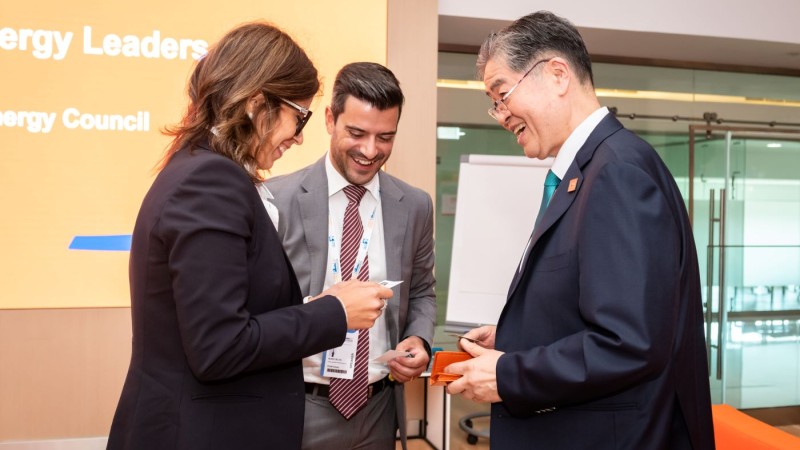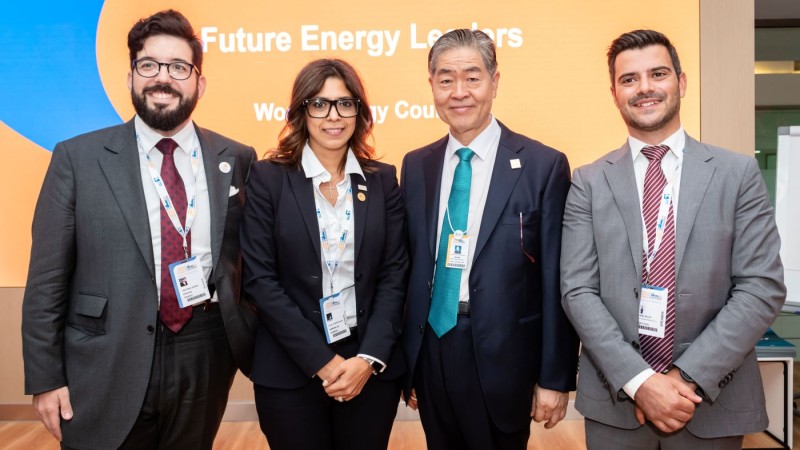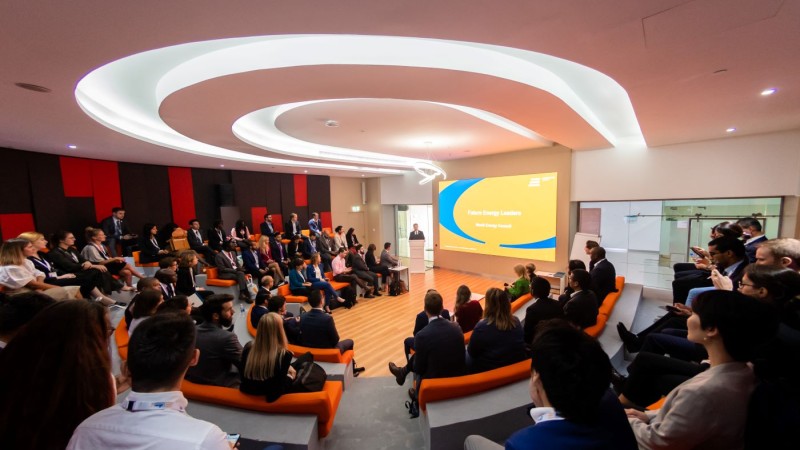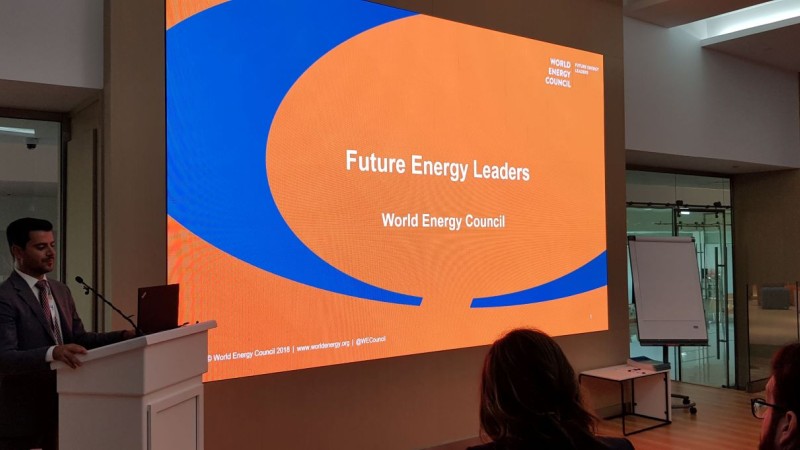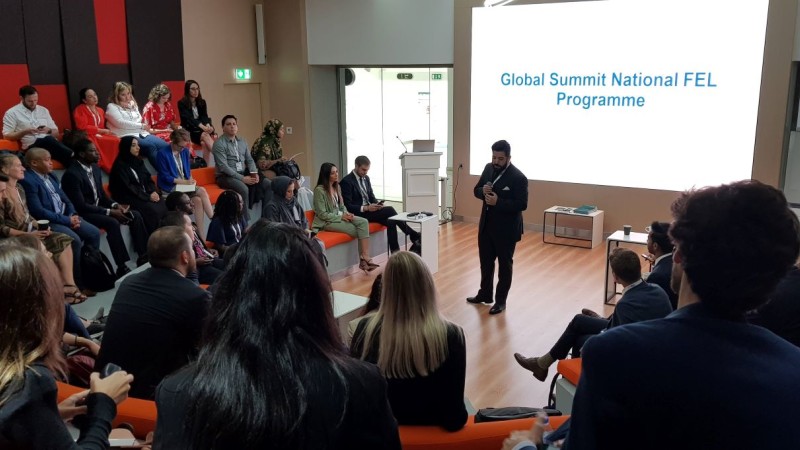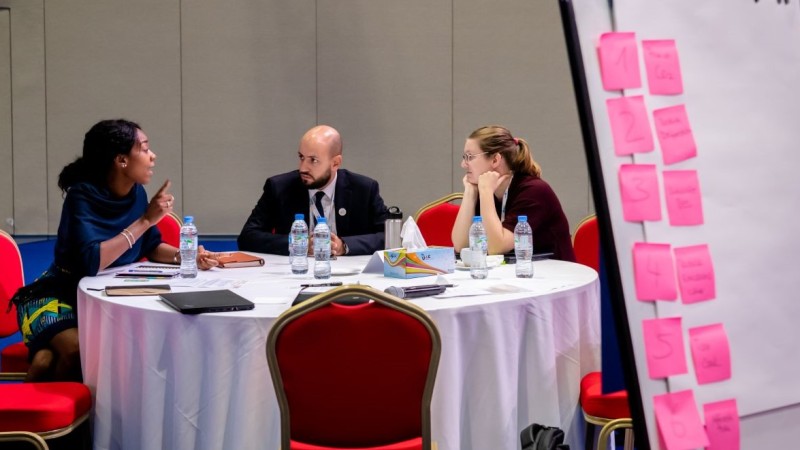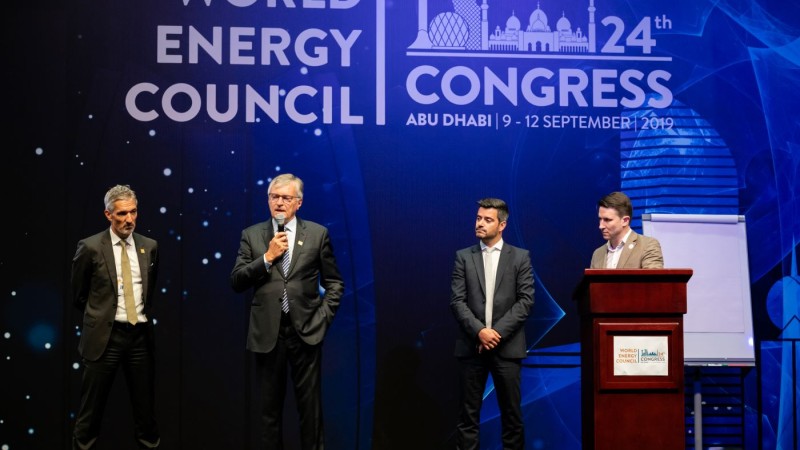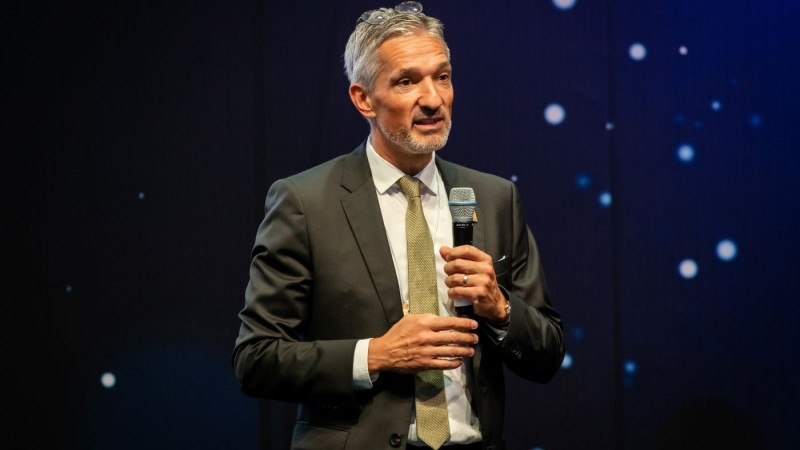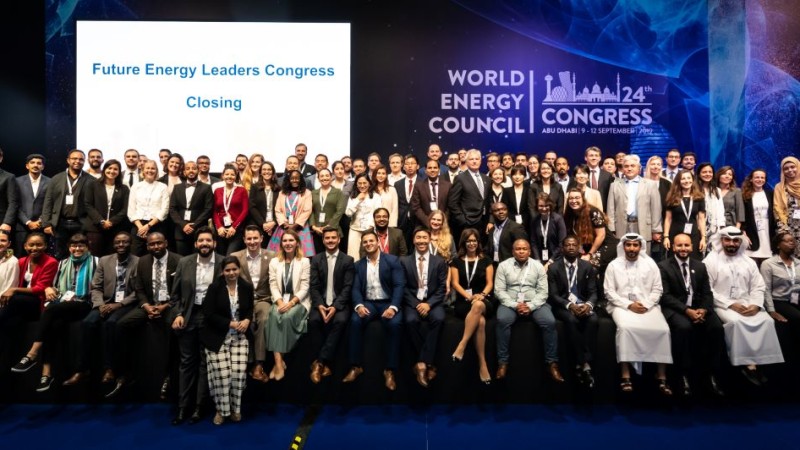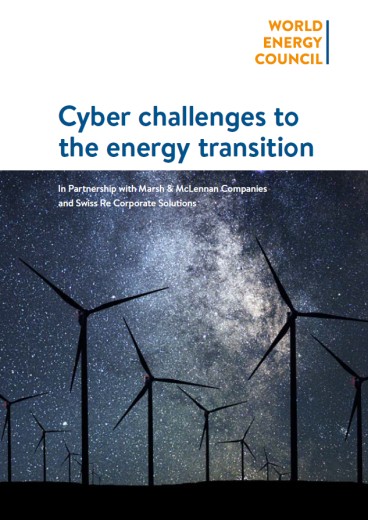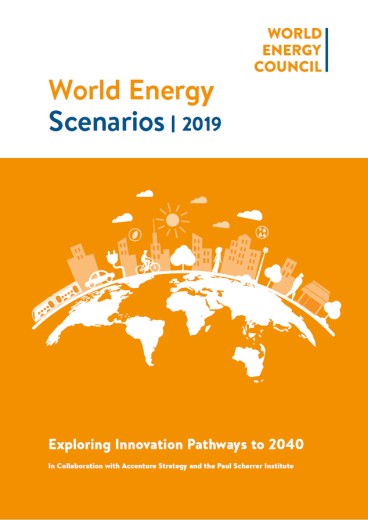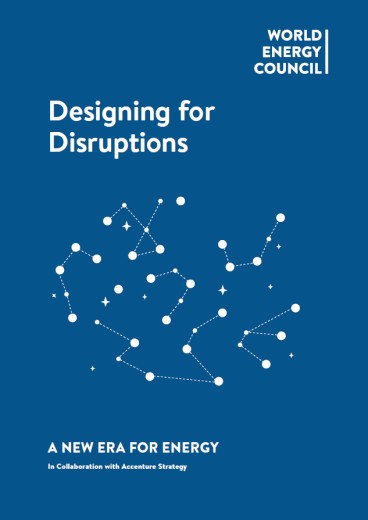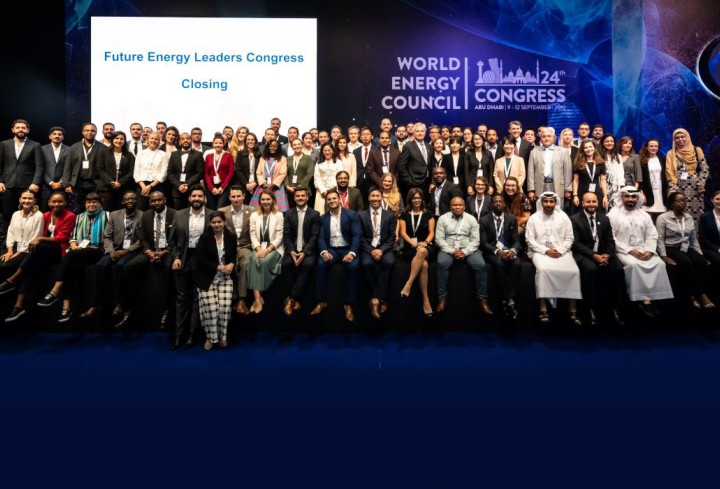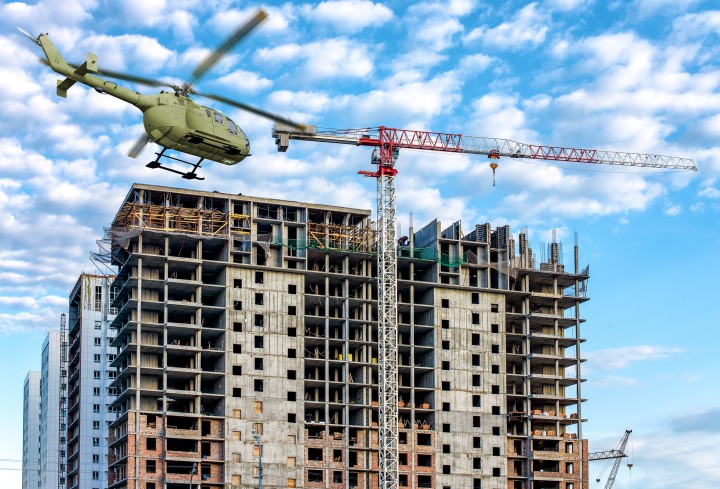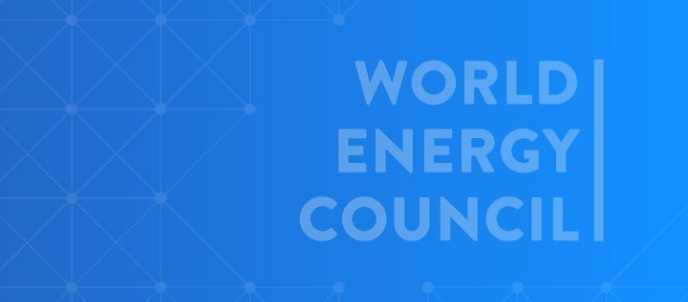Highlights from the Future Energy Leader's Congress
Running in parallel to the 24th World Energy Congress, some one hundred selected young energy professionals gathered in Abu Dhabi at the Future Energy Leaders Congress to discuss and debate the most pressing issues on the energy agenda while declaring their vision for the energy future.
Their main pledge was to work towards accelerating the energy transition; going so far as rebranding the transition as a “revolution”. The Future Energy Leaders (FELs) pressed for net-zero carbon emissions, even aiming to exceed the commitments of the Paris Agreement. To achieve this, industry and governments must show leadership by delivering on their respective promises and obligations collaboratively.
A number of debates, panel discussions and workshops took place during the Future Energy Leaders Congress. The Congress was an opportunity for young energy professionals from national FELs programmes to exchange ideas with each other including how to develop national FEL programmes to meet the challenges and opportunities of the energy sectors in each country, and identify innovative solutions to overcome these challenges.
Key messages were highlighted during the CNN “Global Energy Challenge” session where Future Energy Leaders made an urgent plea for more collaboration, transparency and respect for each other during the energy transition. Moderated by CNN’s John Defterios, the session included the Secretary General of OPEC, HE Mohammed Barkindo, the CEO of ACWA Power, Paddy Padmanathan and Dr. Jason Bordoff, the Founding Director of the Center on Global Energy Policy at Columbia University. Representatives of the Future Energy Leaders noted that the efforts to tackle climate change should not only come from the perspective of early adopters of renewable technology, but should also identify and work with potential losers of the transition in support of mitigating the impact of disruption.
Through a series of workshops supported by Siemens, the Future Energy Leaders were able to experience first-hand what it is like to work towards net-zero carbon emissions. During a reverse mentorship exercise, senior leaders invited the Future Energy Leaders to come up with solutions for some of the most pressing issues in the energy industry. Lisa Davis, CEO Gas and Power at Siemens, opened the session with a keynote address, inviting the Future Energy Leaders to “identify what is important to them - whatever job they undertake or company they work for - and better understand why they do what they do, so thatthey can contribute - to making a difference - in better ways."
Another session was dedicated to current Future Energy Leaders projects. Four highly innovative projects were presented: “Energy Archetypes”, “Dynamic resilience”, “Environmental issues” and “Energy Storage Monitor.” The presentations started a fruitful discussion around the future development of the energy sector to reach decarbonisation.
With the help of a simulator modelled by the MIT Climate Interactive, another session saw the playing out of decarbonisation scenarios, where the impact of the energy future was keenly debated. As part of the simulation, the Future Energy Leaders were divided in groups representing the big players in the energy sector (Governments, Conventionals, RES, Climate Advocates, Industry, Agroforestry) with a goal of reaching the 2°C scenario. In the the beginning of the session, most groups where preaching for a carbon tax, it soon became clear that international collaboration across the whole value chain was needed, as well as tough compromises to achieve a scenario more ambitious than the Paris pledges. At the end of the simulation, the Future Energy Leaders managed to commit towards a 1.9 °C scenario.
On the last day of the Future Energy Leaders Congress, Jean-Marie Dauger, incoming Chair of the World Energy Council and Dr. Christoph Frei, Secretary General, addressed the Future Energy Leaders community. Dr. Christoph Frei underlined three key messages:
“We need emboldened, inspired and empowered leaders that can make the change. You are the leaders! The FEL platform gives you a wonderful network and great opportunities for empowerment!”
The Future Energy Leaders also shared their vision of the energy future during the closing ceremony of the 24th World Energy Congress. Bennet Tucker, Secretary of the Future Energy Leaders board, highlighted:
“Every day we strive to reduce our carbon footprint – no action is too small to create change now, so we can tread more lightly on our precious planet. We are the decision makers of tomorrow. In many ways, we are all co-owners of the future and feel a great sense of responsibility ensuring the future is bright for the coming generations.”

